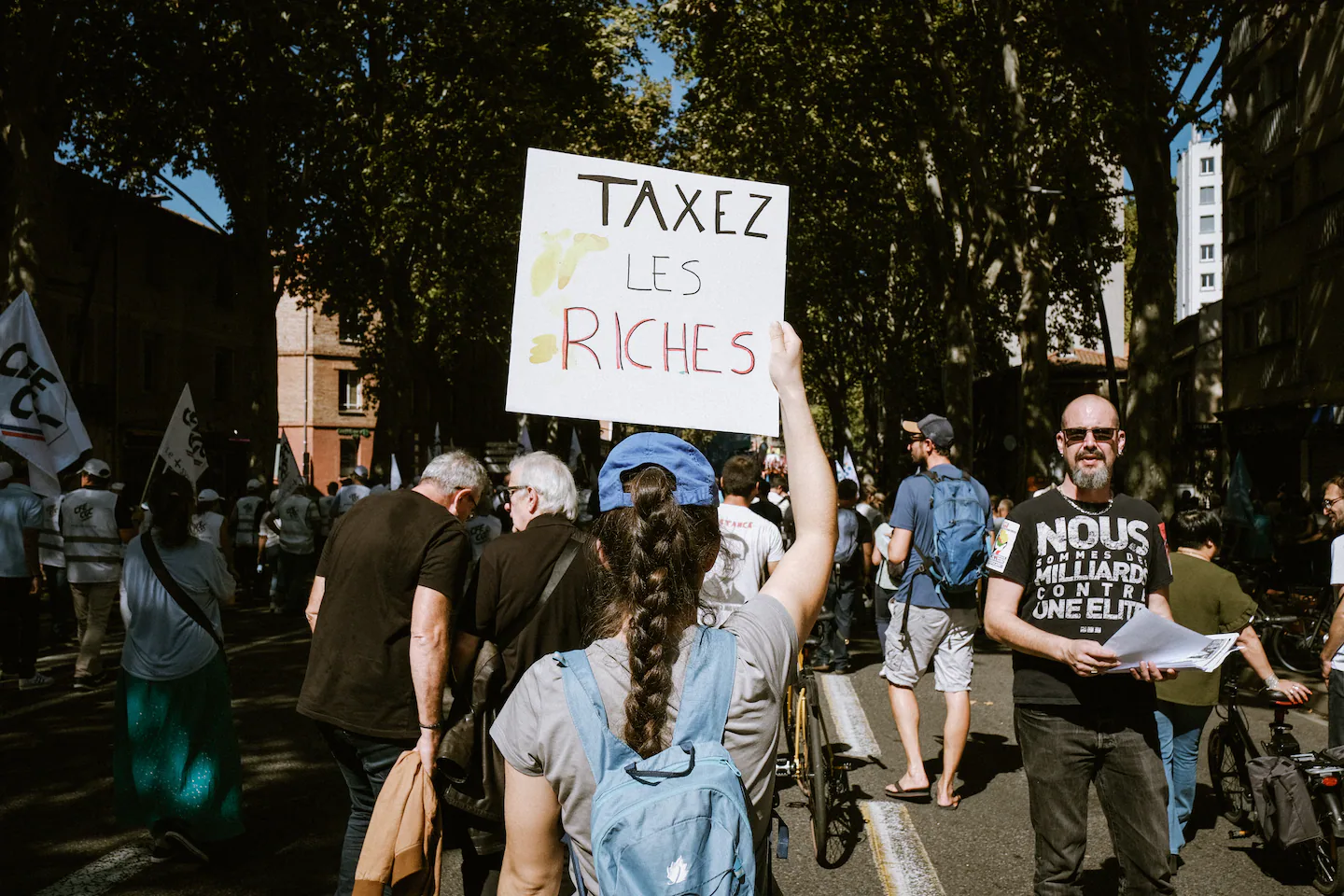
The tax plan, created by and named after French economist Gabriel Zucman, has become a totem of France’s Socialist and left-leaning parties, which say it will plug France’s ballooning deficit and address inequality. Businesses and right-leaning parties are warning of an economic calamity.
“This would be a terrible obstacle to investment and risk-taking for businesses,” said Patrick Martin, the head of France’s largest employers’ network, MEDEF France already has some of the highest taxes in Western countries, he added, and “introducing this tax would be a form of plunder.”
At a time when Europe is facing budget constraints and demands from President Trump for higher military spending, calls for raising taxes on the rich are growing louder. Spain made a so-called solidarity tax on people with large fortunes permanent this year. Germany is backing a tax on the world’s billionaires. Norway recently expanded wealth taxes to include unrealized stock gains.
Zucman, 38, whom the French daily newspaper Le Monde called “the billionaires’ nightmare,” has been advocating targeted wealth taxes for more than a decade.
In 2023, he won the John Bates Clark Medal, an award for the most significant contributions by an economist under the age of 40. The American Economic Association, which awards the prize, called him “one of the world’s leading experts on tax evasion” and a major contributor to research on measuring and explaining the rise of economic inequality.
An economics professor at the University of California, Berkeley, and the Paris School of Economics, Zucman entered the spotlight recently with claims that a two percent tax on France’s 1,800 wealthiest individuals would generate 20 billion euros in revenue — a figure that some economists have disputed. In February, France’s National Assembly approved a so-called Zucman tax, but the plan was later killed in the Senate. Zucman has admirers from the left in Washington, including Senators Elizabeth Warren and Bernie Sanders.
The proposal goes to the heart of a debate cleaving France: Should the government fix its finances by cutting spending on pensions, health care, and education, or by taxing ultra-wealthy individuals at a time when the ranks of the super-rich have grown?
For Zucman, the answer is clear: “The ultrarich are barely paying any income tax, and there has been an explosion in billionaire wealth in the last 15 years,” he said in an interview Thursday. “The base of potential tax on this is very large.”
In major cities across France, protesters wielded “Tax the Rich” signs and chanted demands for “fiscal justice.” A group of demonstrators infiltrated the Finance Ministry in Paris while shouting that the government “has solutions for finding money; all you have to do is look in the pockets of the billionaires.”
As crowds led by labor unions thronged around the Bastille in Paris, people lit flares, brandished signs, and shouted into megaphones with calls to tax the rich instead of plugging the deficit with cuts to workers’ protections.
“A solution to the debt: the rich,” one poster read. “Take away from billionaires, not grandmothers,” read another.
The issue has reached critical mass after Macron’s government fell yet again last week over an austerity budget seeking 44 billion euros in spending cuts. A recent report from France’s auditor, Cour de Comptes, showed that the country’s finances have been deteriorating in part because Macron’s tax cuts for businesses and wealthy individuals have resulted in 50 billion euros in lost revenue annually to the treasury.
Nearly all French political parties, except Macron’s and a group of conservative and far-right politicians, have tapped into a wave of resentment against “les riches” — executives, bankers, and entrepreneurs whose fortunes are seen as scandalous in a country where the inequality divide touches a cultural nerve that stretches back to the French Revolution.
The new prime minister, Sébastien Lecornu, is racing to draft a new budget. To survive, he needs the support of France’s Socialist Party, which is demanding fewer spending cuts and more revenue from the Zucman tax.
A tax hit on wealthy individuals could provide political cover for painful cuts that Lecornu also plans to make to social and welfare programs. In that sense, the tax also has enormous symbolic value as a blow in favor of égalité, or equality, after years in which Macron’s tax cuts for the wealthy earned him the nickname “president of the rich.”



